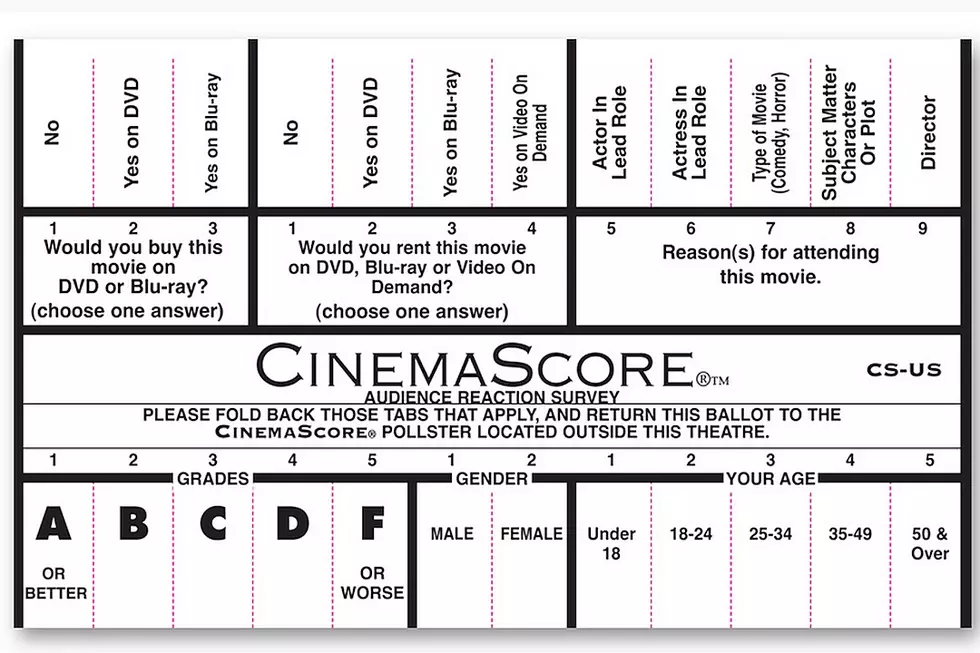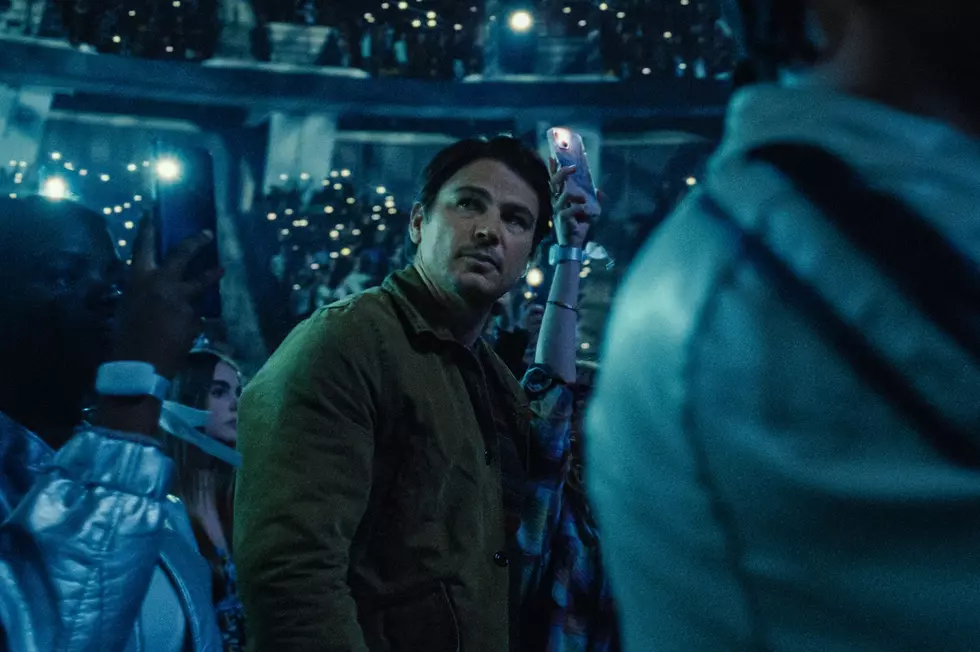
25 Movies With Completely Baffling CinemaScores
Since 1978, moviegoing audiences’ opinions about current releases have been measured by CinemaScore. “Hollywood’s Benchmark” (as the company calls itself) polls patrons at theaters all around the country (and Canada) to find out what customers really think about the movies they pay to see. According to the company’s own website, CinemaScore arrives at its ratings...
...By polling a regionally-balanced and statistically robust sample of opening night moviegoers ... On opening night around the country, CinemaScore polls moviegoers for their opinions on new movie releases. Audience members fill out ballot cards right at the theatre, grading a movie A to F and providing demographic information. CinemaScore uses this direct balloting approach to establish a movie’s grade — its overall ‘CinemaScore.’
CinemaScores are widely read throughout the film industry, and often included in weekend box-office reports. A good CinemaScore supposedly indicates a potential word-of-mouth hit; a bad one could be the precursor to a quick and untimely cinematic demise. Some experts take issue with CinemaScore’s methodology (particularly their polling of just opening-night audiences, which tends to favor films with built-in, easy-to-please fanbases), but the company has been around for almost 40 years and has amassed an enormous amount of information about movies and moviegoers.
For example, their website allows you to find any movie’s CinemaScore, simply by typing it into a box at the top of the page. Spend enough time browsing through the search results and you’ll find some truly shocking grades. For every classic that proved to be a popular favorite (The Avengers - A+) there’s one that didn’t quite connect in the same way (The Big Lebowski - B), along with plenty of stinkers with inexplicably high scores (Super Mario Bros.- B+). The gallery above collects 25 of the most baffling CinemaScores in history, from the blockbusters that flunked, to the flops that scored unfathomable As. They serve as a reminder that early consensuses aren’t always right — and they don’t always last.
25 Movies With Baffling CinemaScores

More From ScreenCrush









